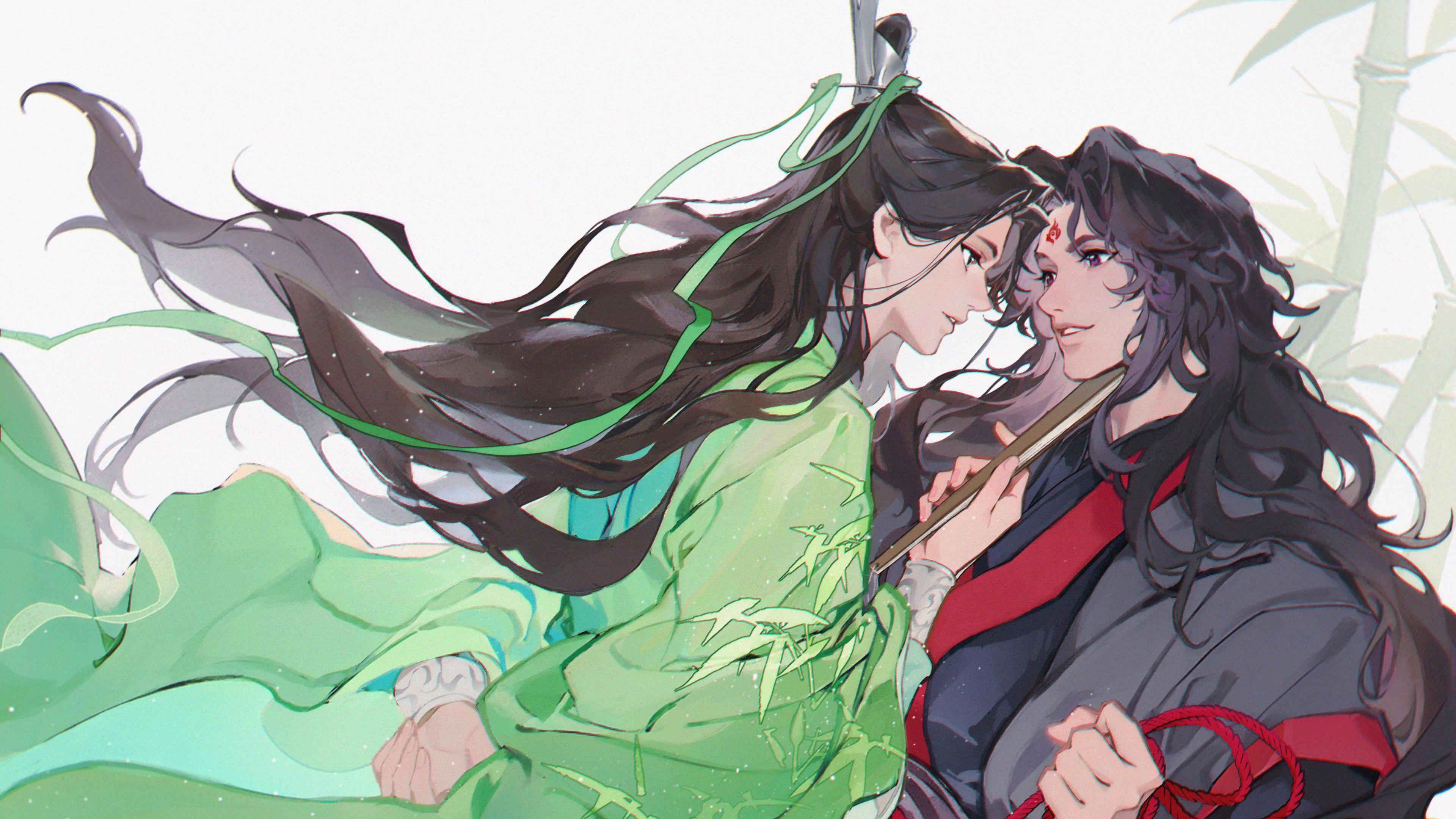Introduction
China’s escalating crackdown on danmei—a genre of gay erotica written primarily by women—has raised alarms globally. Since February 2025, over 30 female authors have been arrested for violating pornography laws by publishing danmei stories online. This genre, often likened to a gay version of Fifty Shades of Grey, is under fire for challenging China’s traditional norms and moral boundaries.

What Is Danmei and Why Is It Targeted?
Danmei (or “boys’ love”) originates from Japanese manga and features romantic or erotic relationships between men, written by and for women. In China, danmei has flourished on platforms like Haitang Literature City. Despite its cultural success, the genre is seen as subversive by Chinese authorities because it provides a space for women to express alternative forms of sexuality and desire.
The Chinese government argues that these works “distribute obscene materials,” punishable by over 10 years in prison, especially if the authors profit from their content. While heterosexual erotica often escapes scrutiny, gay content is more harshly censored, revealing a discriminatory double standard.
Personal Stories of Arrest and Shame
Many women detailed their traumatic experiences anonymously. One author wrote: “Every word I once wrote has come back to haunt me.” Another described being pulled out of class and searched in front of peers. A writer known as Pingping Anan Yongfu recalled being stripped and interrogated, calling the experience humiliating and life-altering.
Despite widespread censorship, social media posts with hashtags like #HaitangAuthorsArrested garnered tens of millions of views before being deleted. The crackdown is seen not just as an attack on explicit content, but on artistic freedom and women’s autonomy.

Why Now? Government Pressure and Demographics
Experts like Dr. Liang Ge of University College London believe the crackdown is part of a broader campaign to promote “traditional family values” as China faces a demographic crisis. Young women, particularly danmei readers and writers, are seen as straying from roles of motherhood and marriage.
The Chinese state wants to redirect these women’s attention toward conventional family roles, and danmei is viewed as disruptive to that goal. With declining birth rates, authorities have stepped up online censorship to realign cultural narratives with state objectives.
Public Backlash and Legal Concerns
Legal scholars and netizens have challenged the crackdown. China’s laws label any online content with 5,000+ views as “distributed,” a definition critics say criminalizes creators unfairly. Some authors were even charged for stories they posted years ago with minimal earnings. One danmei writer earned just 2,000 yuan (~$275), which was used as evidence against her.
Readers and legal experts are pushing back. Volunteers are offering free legal advice, and prominent voices argue that criminalizing written expression stifles creativity. Even heteronormative authors like Nobel Prize winner Mo Yan, whose works contain sexual themes, face far less scrutiny.
Cultural Significance of Danmei
Danmei is more than erotica—it is a space for women to explore emotional vulnerability, gender fluidity, and romantic idealism. Stories often feature men who get pregnant or express traditionally “feminine” emotions, challenging patriarchal norms.
According to Dr. Ge, danmei allows women to detach from gendered expectations in Chinese society. For many, it represents creative liberation in a world where female sexuality is heavily policed.
Conclusion: Creativity Under Siege
The danmei crackdown in China is not just about obscenity—it’s about power, gender, and who controls cultural narratives. These young women are being punished not for harming society, but for imagining a world different from the one imposed on them.
Call to Action: Stay updated with the latest censorship and LGBTQ+ news by visiting The Morning News Informer. Support creative freedom and speak out against censorship wherever it arises.
Internal Links
- Creative Freedom & Digital Expression
- Understanding Obscenity Laws in China
- Evolution of Web Novels in Asia